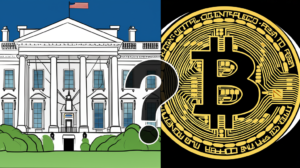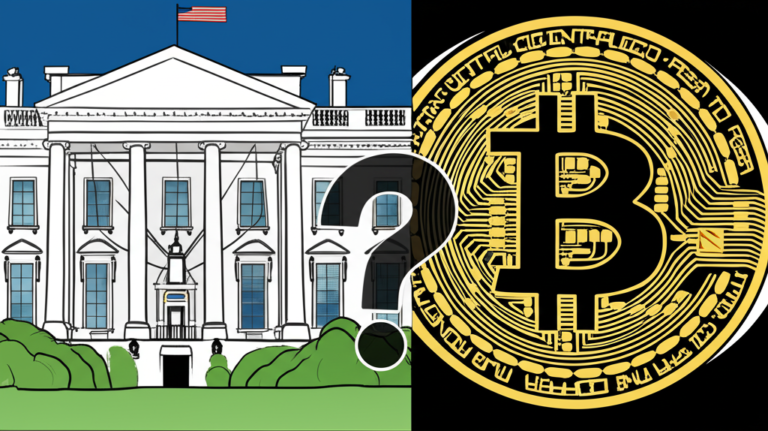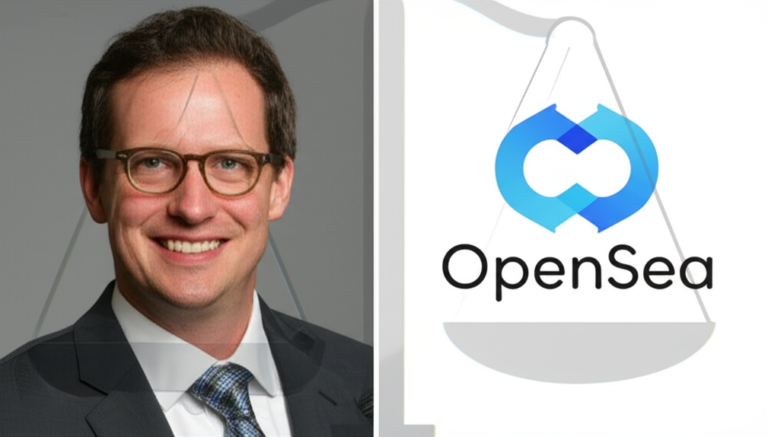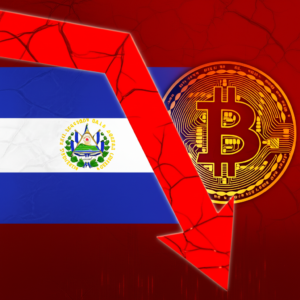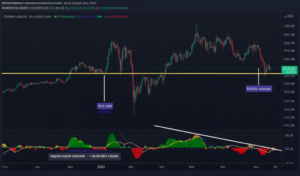Ripple CTO’s Ozzy Osbourne Regret: A Lesson in Authenticity for Crypto Execs
Ripple CTO David Schwartz recently revealed a surprising regret: censoring rock legend Ozzy Osbourne. This seemingly minor incident highlights a larger issue within the crypto space: the complexities of managing online brand reputation and maintaining authenticity in the face of celebrity engagement. Schwartz’s confession offers valuable insights into the challenges faced by executives navigating the digital world.
The Osbourne Incident: A Case of Censorship
The exact details of the censorship remain somewhat vague, lacking specifics in the original report. However, the essence of the story revolves around Schwartz’s intervention in online interactions involving Osbourne and Ripple. Schwartz expressed regret, stating that the censorship was inconsistent with his vision of genuine celebrity engagement, which, inferably, was intended to foster positive brand association with Ripple and its cryptocurrency, XRP. The lack of specific details about the content censored, however, leads to speculation that it may have been critical or negative comments about Ripple. This omission underscores the complexities inherent in brand management, particularly in the volatile world of cryptocurrencies.
The Broader Implications for Crypto Brand Management
This incident is not an isolated case. Many crypto companies struggle to balance the need for controlled messaging with the organic growth that often comes from unfiltered online interactions. The rapid evolution of social media and the decentralized nature of cryptocurrencies create a unique set of challenges for brand management. A heavy-handed approach to censorship can easily backfire, damaging a company’s reputation for transparency and authenticity – values crucial in the crypto community.
The Cost of In Authenticity
The reputational damage from such actions can be significant. Studies have shown that consumers are increasingly wary of brands that engage in perceived censorship or manipulation, especially in transparent communities like the crypto space. A loss of trust can lead to decreased investment, reduced user adoption, and ultimately, damage to the brand’s bottom line. The long-term effects on Ripple’s brand image are yet to be seen, but this anecdote serves as a warning to other crypto executives.

Lessons Learned from Schwartz’s Regret
Schwartz’s admission is a valuable lesson for the crypto industry. Authenticity is crucial for building lasting trust with the community. This incident suggests a need for:
- More transparent communication strategies: Openly engaging with criticism and fostering genuine dialogue can build stronger relationships with users and the wider crypto community.
- A nuanced approach to online interaction: While brand protection is important, stifling free speech can damage a brand’s reputation far more than negative comments ever could.
- Employee training on social media best practices: Ensuring all employees understand the sensitivities surrounding online communication is crucial for maintaining a consistent brand image.
-
A review of current social media policies: Crypto companies may want to examine existing policies and practices to ensure they align with the growing trend of authenticity in community engagement.
-
Key Takeaways:
-
Ripple CTO David Schwartz expressed regret over censoring Ozzy Osbourne.
- The incident highlights the challenges of balancing brand management and authenticity in the crypto space.
- The lack of transparency surrounding the censored content creates further questions about censorship in the crypto industry.
- The incident serves as a cautionary tale for other crypto executives.
- Authenticity and transparent communication are critical for maintaining trust within the crypto community.



